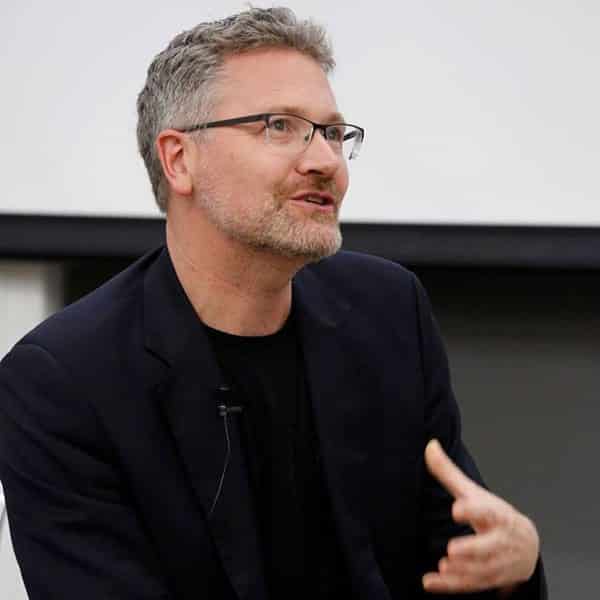FINANCIAL WORLD
Debating Central Bank Mandates
The Forum New Economy Working Paper Series presents its new addition: a contribution by Adam Tooze debating new mandates for central banks
BY
XHULIA LIKAJPUBLISHED
10. JANUARY 2022READING TIME
3 MIN
The first publication of the year is a piece by Adam Tooze adding to our Forum New Economy Working Paper Series. The contribution is a loud call for the debate around the need for a change in the mandate of central banks to be kept wide open. Not because central banks are failing, but rather because their role has visibly shifted in response to the big crises and changing circumstances of the last decade. And considering also how massive the effects of central banks´ interventions are, it seems inevitable to look back and even question some of the fundamentals.
The COVID-crisis generated the need for a massive fiscal response, which in turn brought to the surface the questions linking fiscal policy to the role of central banks. Surging inequality obliged central banks to consider the distributional implications of all their policies. In view of the climate challenge, calls for central banks to integrate green parameters into their risk monitoring are quickly multiplying.
All of these issues, the author observes, are challenging the prevailing model of an independent central bank. And even the once unquestionable notion of price stability can no longer be taken for granted.
Thus, the call for discussing a new role for central banks is – observes the author – not a criticism to central bankers´ responses to the current challenges, but an invitation to make explicit the changes that have already occurred and to recast out-of-date ideas and restrictive legal frameworks to match realities. In the US the Fed undergoes incremental adjustments by exploiting its dual mandate and in response to the changing circumstances has slowly moved towards a more accommodative and socially conscious stance. In Europe, the absence of explicit democratic authorisation for the ECB´s policies makes things a bit more complicated and limits its ability to contribute effectively to the EU’s broader economic, environmental, and social policy objectives. However, the flexibility provided by the so-called secondary mandate opens room for a rank-ordering of priorities. This way, objectives like carbon neutrality by 2050 or a Social Europe could make their way up.

